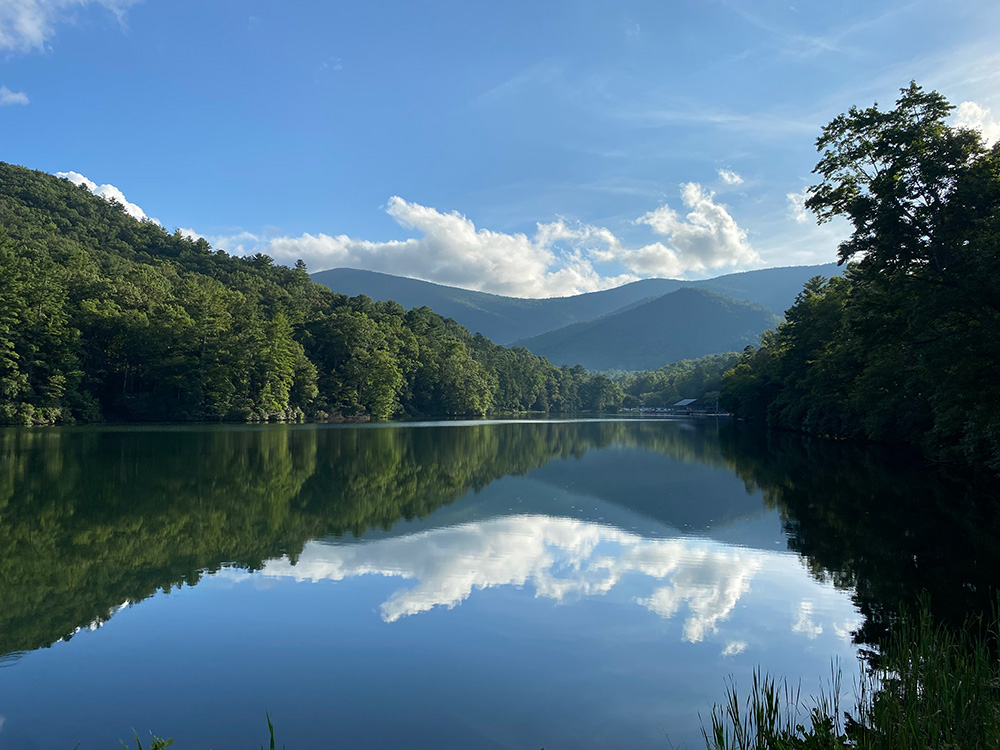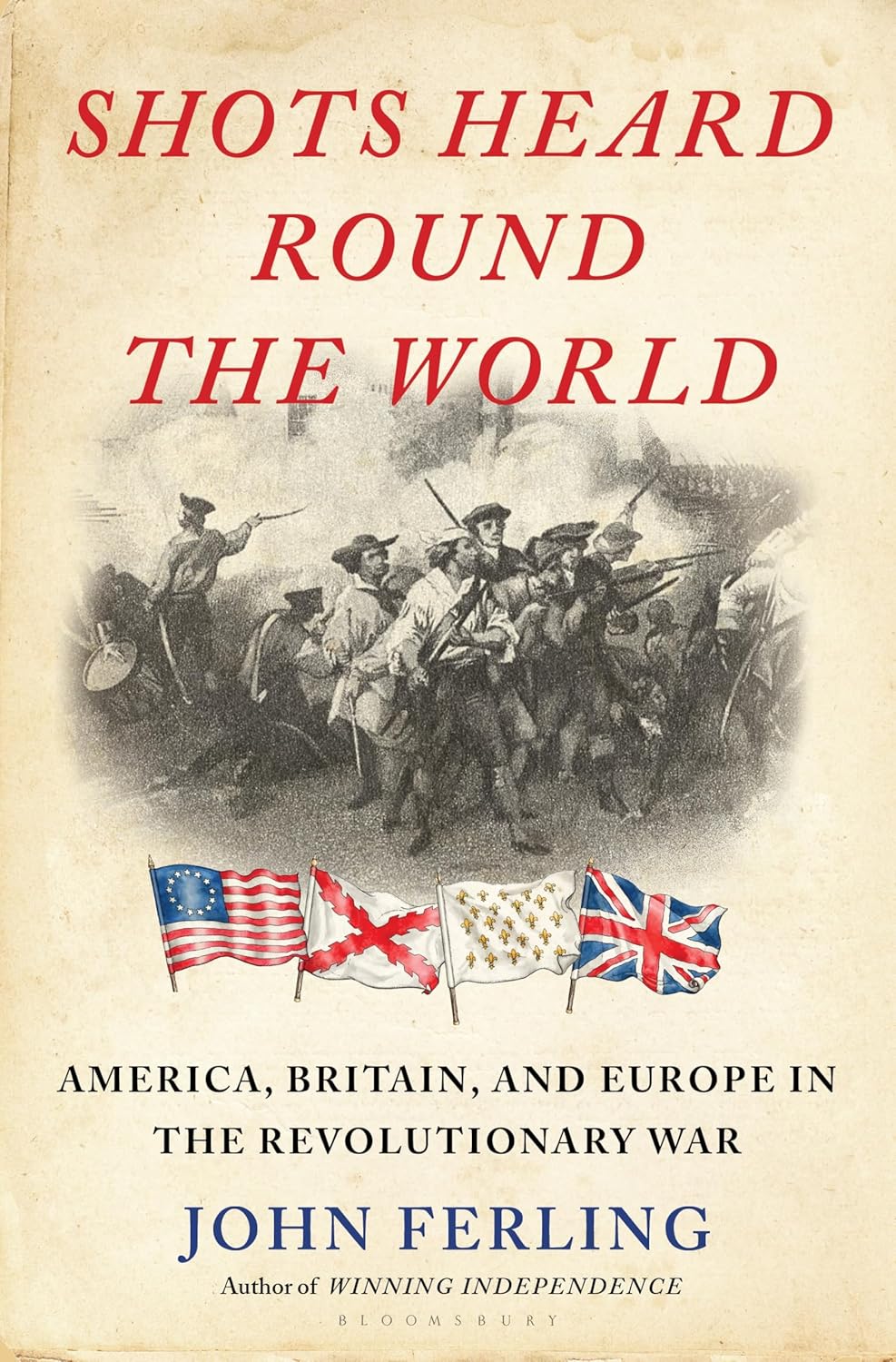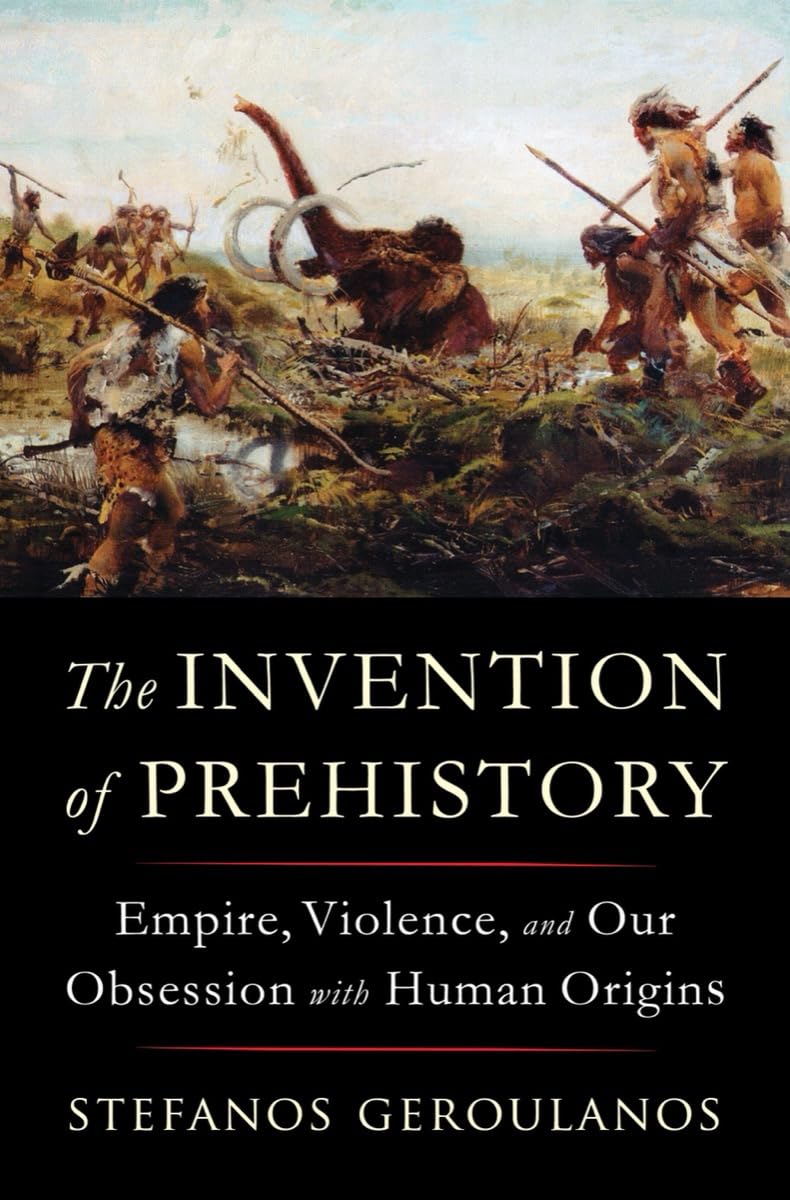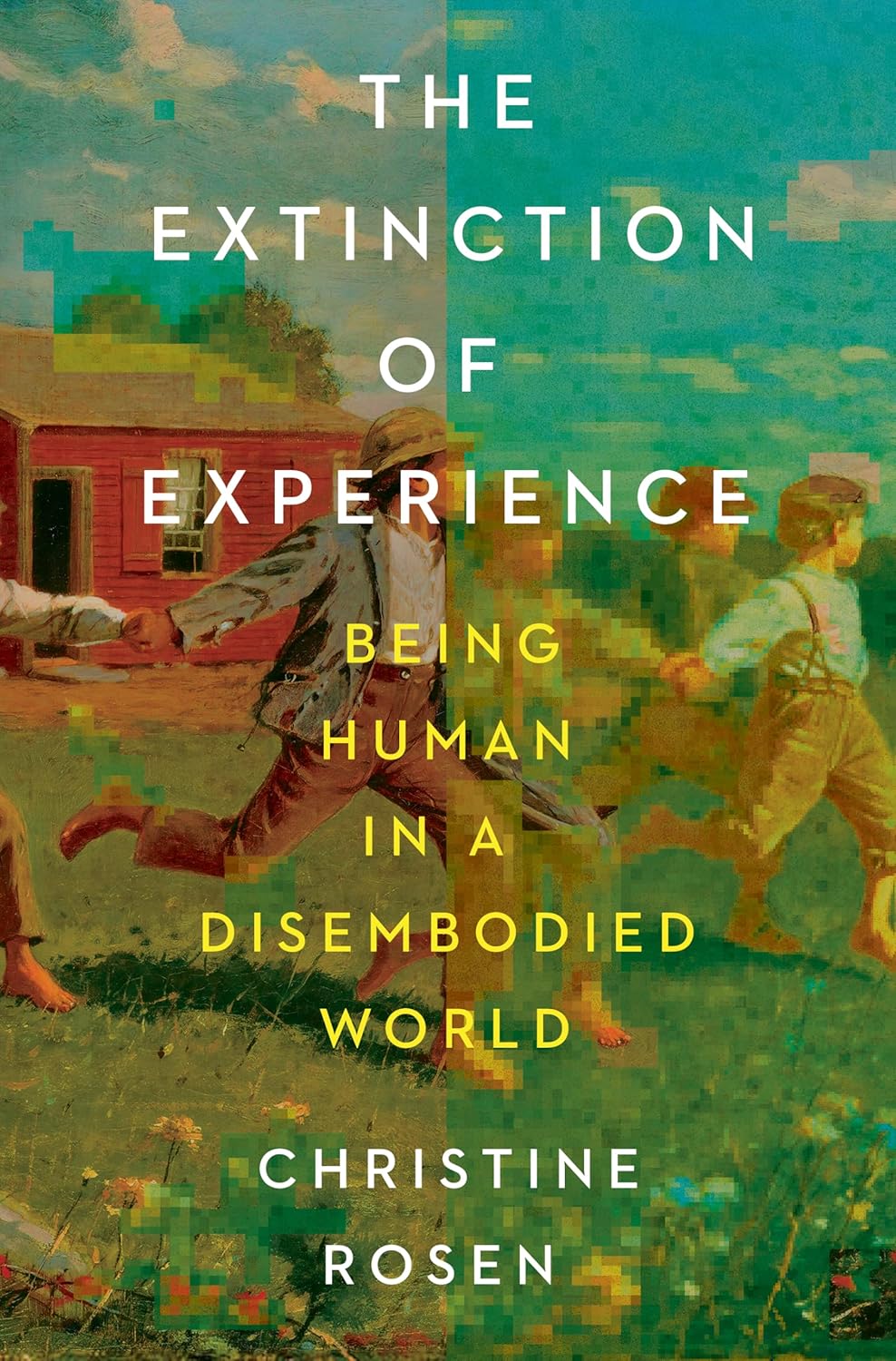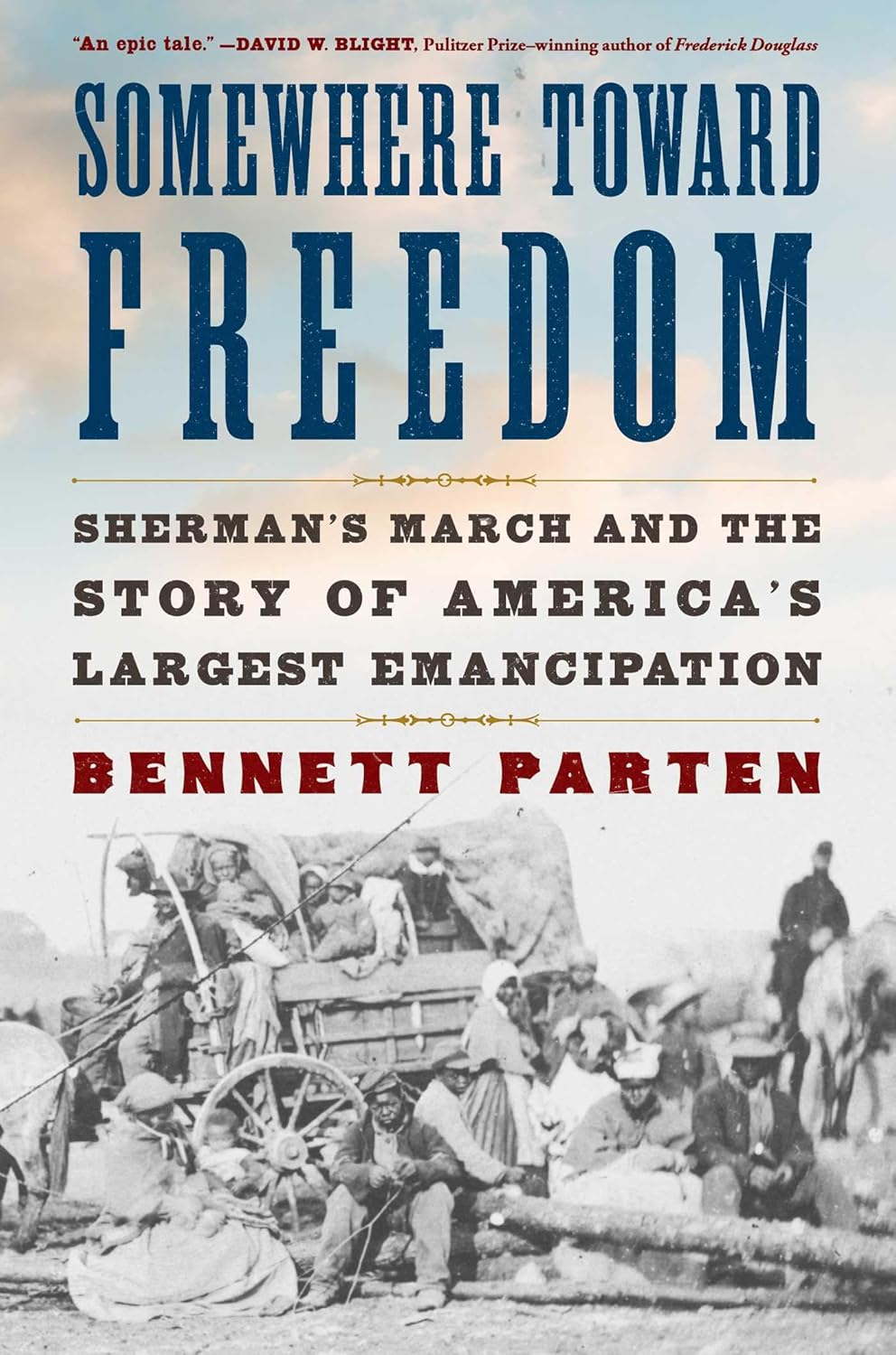Stan opens Season 9 of Off the Deaton Path talking about his summer reading (so far)—books by Nina Stibbe, Jane Gardam, Leah Hager Cohen, Helene Hanff, James Hilton, Ferrol Sams—short thoughts on the Braves lousy season (so far), a sneak peek at upcoming podcasts, and AJC political writer Jim Galloway on the 1956 Georgia state flag in the summer GHQ.
